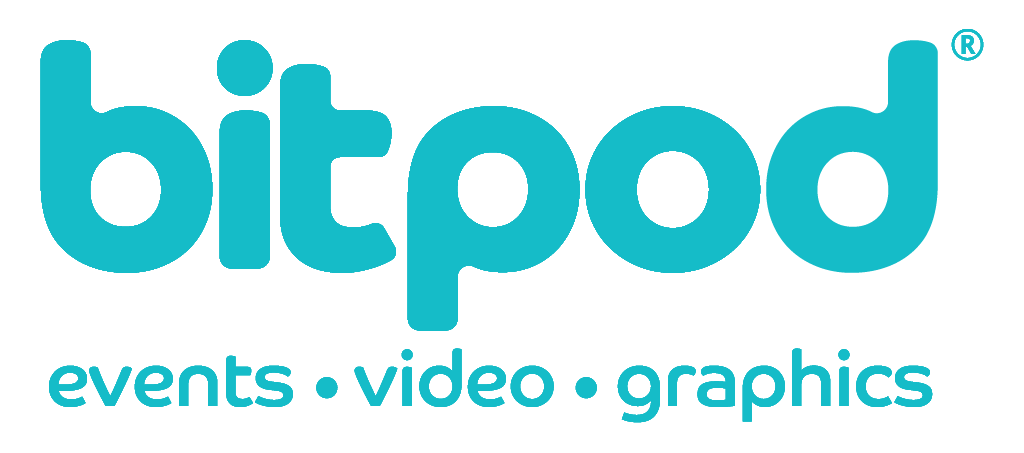Selecting the appropriate live streaming platform is crucial for the success of any virtual event, directly impacting technical execution, participant engagement, and content delivery. However, the decision is often constrained by factors beyond choosing the most feature-rich option; organisations must consider internal IT policies, data security, regulatory compliance, and budget.
The ideal platform balances these operational restrictions with the event’s specific needs, ensuring a seamless experience that aligns with organisational objectives.
